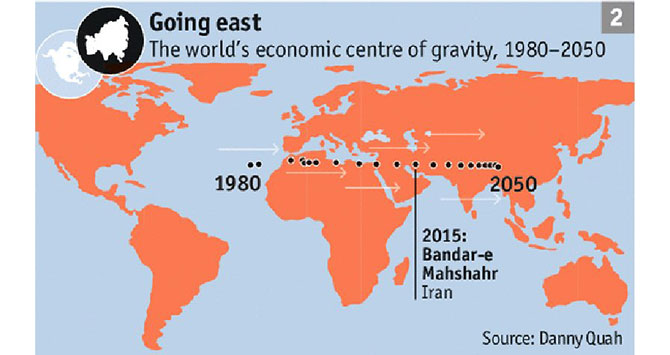In this week’s The Economist (April 1st), a letter published by Professor in Practice, Duncan Green, questions Walter Scheidel’s recent article (Apocalypse then: The lessons of violence and inequality through the ages) for the magazine that questions whether only catastrophe can truly reduce inequality.
Walter Scheidel is overly pessimistic in arguing that only catastrophic events really reduce inequality (“Apocalypse then”, March 4th). Using the Gini index in the Standardised World Income Inequality Database, which covers 173 countries from 1960 to 2012, David Hudson and Niheer Dasandi of University College London identified 23 states that have experienced redistributive policies over seven years or more. What is so far lacking is a comparative study of the politics underlying these redistributive episodes, but their existence alone seems likely to undermine Mr Scheidel’s contention that disaster, rather than politics, is the only way to reduce inequality.
DUNCAN GREEN
Professor in practice
London School of Economics
Duncan Green is Professor in Practice in the Department of International Development and Senior Strategic Adviser for Oxfam UK.
The views expressed in this post are those of the author and in no way reflect those of the International Development LSE blog or the London School of Economics and Political Science.





